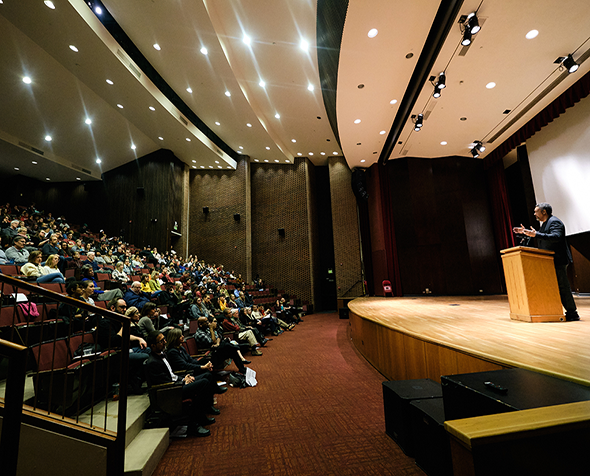Q&A: The Christian Right and Abortion Politics
Following the 2016 election, several prominent court cases involving abortion rights have advanced through the courts and attracted considerable media attention. Under the conservative administration, institutions allied with the Christian Right have devoted legal resources to cases like these, prompting review by legal scholars as well as resistance from abortion rights groups.
Joshua Wilson, associate professor in DU's Department of Political Science, has authored two books with a third forthcoming on the subject of abortion politics in the American legal arena.
Ahead of his May 14, Livingston Live Webinar on the subject of the Christian Right, Professor Wilson responded to questions about the movement's legal developments.
How did you come to the Christian Right as your area of expertise?
My research on abortion politics (I have two books on that topic) led me to studying white evangelicals and the Christian Right. There’s a through-line that leads explicitly from abortion politics and their entry into court to the Christian Right developing legal resources. That led to my need to learn more about the Christian Right and what they’re doing in terms of developing those resources.

Can you define the “Christian Right” as you discuss it in your scholarly work?
I think about the Christian Right through institutions, things that last and are identifiable. That starts with things like Moral Majority, Focus on the Family, and so forth, but has grown to include more and more institutions. However, it’s a much more complicated question than most people think. A lot of people now identify as evangelical, but if you study the things that we think of as signs of religious practice, you’ll find that a lot of those people don’t engage in any of them (going to church regularly, etc.). Instead, evangelical has become a political identifier. So that’s why I think it’s important to ask how you’re defining the Christian Right.
Why is exploring the legal power of the Christian Right an important area of study?
I actually just wrote an op-ed for NBC News in which I basically tell Bernie Sanders’ followers that instead of railing against the Democratic party and ostensibly attacking it, they should look at how white evangelicals moved from being a fringe movement — a movement that’s rejected by a political party — to being in the driver’s seat. Evangelicals and the Christian Right as a whole are important to understand because of that story.
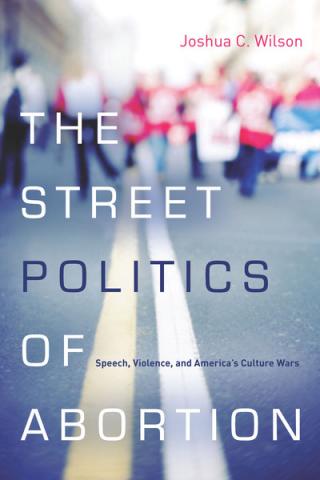
There have been many relatively high-profile cases around abortion law and abortion access, particularly in southern states, that have been heard by the Supreme Court. Do you have thoughts about those cases, why we’re seeing so many of them, and what the goals of those cases might be?
The obvious answer really is the right answer: Trump’s election completely reset abortion politics. A good way of looking at this is the court case Whole Women’s Health v. Hellerstedt in Texas that was decided in June of 2016, right before Trump’s election. In that case, the court gave a major victory to abortion rights activists by saying that anti-abortion activists were chipping away at abortion rights, which was unconstitutional. If you look at that ruling, along with the expectation that Clinton was going to win the election, it seemed like the political conditions were being set up for securing and buffering abortion rights.
Of course, that didn’t happen. Trump’s election immediately triggered the standing institutions, which began tapping Republican-friendly legislatures and producing radically conservative anti-abortion legislation — stuff that they basically haven’t pursued in decades. Once Kavanaugh was confirmed, it began to look like we have a conservative, anti-abortion majority.
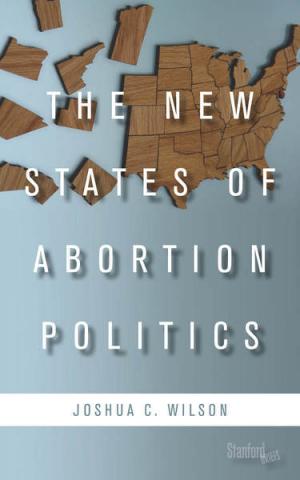
So with that in mind, what are the most important stories or initiatives coming out of the institutions in the Christian Right right now?
Definitely abortion politics, at the moment. There’s actually a conflict within the anti-abortion movement about those who are pushing for laws like we’re seeing in Alabama to directly make abortion illegal. Many longer-standing anti-abortion groups argue that the movement needs to stick to incrementalism. There will be a major abortion ruling on the June Medical Services v. Gee case in Louisiana just a few months before the presidential election. That’s a big thing to keep an eye on.
Another would be to watch white evangelical support for the Trump administration and the Republican party as a whole. That’s a major voting group for Trump — in fact, a larger percentage of white evangelicals voted for Trump than voted for George W. Bush, who actually is a white evangelical. That will be telling in the immediate term.
The long-term, more significant thing is that anti-abortion activists have embarked on a new strategy as of a few years ago that Colorado folks and others should be familiar with: really pushing the idea of religious rights, protecting the practice of religion and religious observance, as an effective way of trying to fight policies that they don’t agree with. You can take apart a lot of progressive policies depending on how far the courts let you take religious liberty.
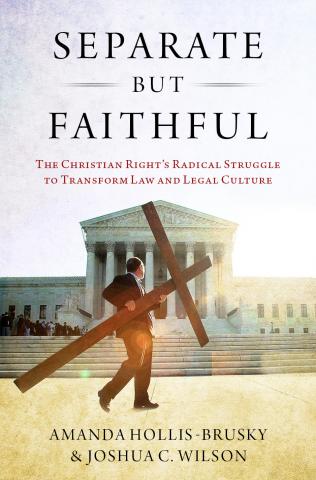
Can you tell me about your publications and where people can find them?
The first book, The Street Politics of Abortion: Speech, Violence, and America’s Culture Wars, looks at how the competing sides in the abortion movement use free speech and conceive of free speech in abortion politics. It looks at the regulation of clinic-front abortion protesting and how the two sides navigate the courts and mobilize ideas in order to get what they want.
The second book, The New States of Abortion Politics, has a more public audience in mind. It’s built around similar issues — court cases that deal with the regulation of clinic-front protesting — but it focuses on a case in Massachusetts, McCullen v. Coakley, where the court seemed to walk back the cases that I discussed in the first book. I used that as a case study to talk about both how abortion politics and the Christian Right have changed in the last ten years.
The book that’s coming out October 1, 2020 with Oxford University Press, co-authored with Amanda Hollis-Brusky at Pomona College, is called Separate but Faithful: How the Christian Right is Reshaping Law Through Legal Education. Amanda and I look at why the Christian Right created legal organizations — like the American Center for Law and Justice (ACLJ) and the Alliance Defending Freedom (ADF) — and how effectively they are functioning. All these organizations are producing future conservative Christian lawyers. We look at what that tells us about how to build a Christian legal movement.
The Livingston Live Webinar occurred live on May 14.
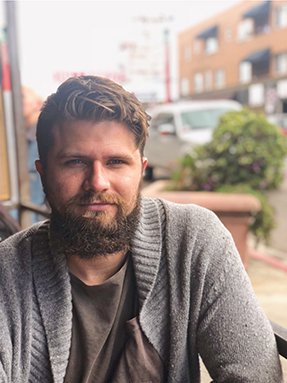
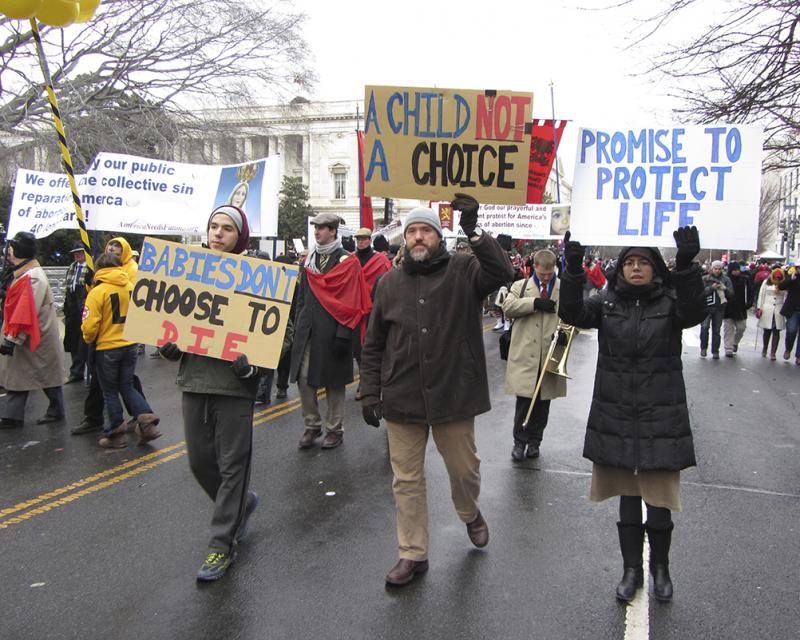
 590x476.jpg)
